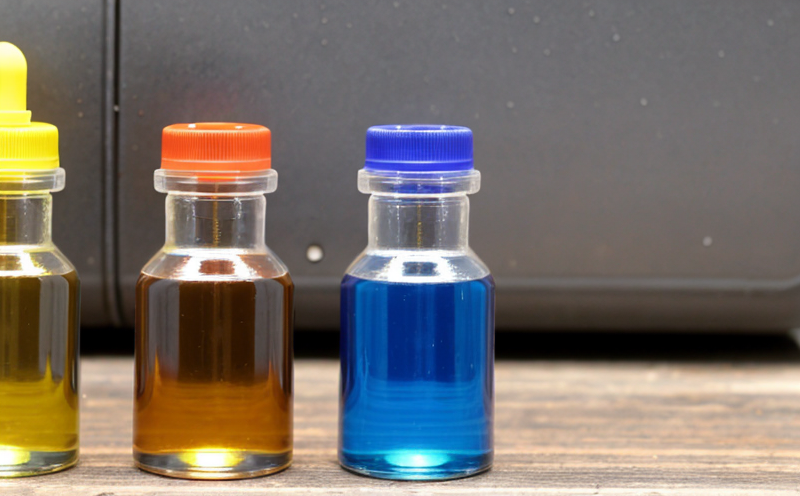Ethanol Fuel pH Testing
Understanding and maintaining the proper pH balance in ethanol fuel is critical to its performance, safety, and longevity. Ethanol fuel, often used as an alternative or additive in gasoline, must be handled with precision due to its sensitivity to environmental factors such as humidity and temperature. The pH level of ethanol can significantly influence its quality and suitability for use in various applications.
The importance of ethanol fuel pH testing cannot be overstated. Ethanol fuel typically has a neutral to slightly acidic pH, ideally falling between 6.5 and 7.5, depending on the intended application. Variations outside this range can lead to issues such as microbial growth, corrosion, and degradation of fuel systems. These problems not only affect the performance but also increase maintenance costs and environmental hazards.
Our laboratory specializes in ethanol fuel pH testing using state-of-the-art equipment and adhering strictly to international standards like ISO 17820:2015 for fuel quality. Our team of experts ensures that every test is conducted with precision, providing reliable data on the pH levels of ethanol fuels.
In addition to measuring the pH, we also evaluate other key parameters such as water content and temperature during testing. These factors are crucial in determining the overall quality of the fuel. Proper hydration control prevents excessive moisture from causing fuel system blockages or corrosion issues. Maintaining accurate temperature readings is essential for understanding how environmental conditions impact fuel stability.
Our process begins with thorough sample preparation, ensuring that each batch tested represents the true state of the ethanol fuel. This includes removing any contaminants and preparing samples according to industry best practices. Once prepared, we use advanced pH meters calibrated specifically for fuels to obtain precise readings.
The results from our tests are critical for quality managers, compliance officers, R&D engineers, and procurement teams responsible for selecting high-quality ethanol fuel suppliers. By ensuring consistent adherence to specified ranges, these professionals can make informed decisions that positively impact operational efficiency and environmental responsibility.
- Reduces microbial growth in fuels
- Prevents corrosion of fuel tanks and pipelines
- Avoids degradation of fuel system components
- Promotes safer handling and transportation practices
- Contributes to reduced emissions by maintaining optimal combustion properties
Why Choose This Test
Selecting the appropriate test for ethanol fuel pH is essential in ensuring that your operations meet regulatory requirements and industry standards. Our pH testing service offers several advantages over generic tests:
Customization: We tailor our testing protocols to suit specific needs, whether it's for blending purposes or meeting particular environmental regulations.
Accurate Results: Utilizing advanced instrumentation and strict adherence to ISO standards guarantees accurate pH readings every time.
Comprehensive Analysis: Beyond just measuring pH levels, we provide a holistic view of fuel quality by assessing additional parameters like water content and temperature.
Expertise: Our team comprises certified professionals with years of experience in the field. This ensures that you receive reliable insights into your ethanol fuel's condition.
Prompt Reporting: Timely delivery of reports allows for swift decision-making, minimizing downtime and maximizing productivity.
Quality and Reliability Assurance
We take pride in our commitment to quality and reliability assurance. At every stage of the ethanol fuel pH testing process, we implement stringent quality control measures:
Sample Preparation: Our technicians handle samples carefully using standardized procedures to avoid contamination or alteration.
Instrument Calibration: All equipment used in our laboratory undergoes regular calibration checks to ensure accuracy and precision.
Data Validation: Multiple readings are taken, and the average value is reported to eliminate any anomalies.
Documented Procedures: Detailed documentation accompanies each test result for traceability and accountability.
Continuous Improvement: We regularly update our methods based on new research findings and feedback from clients, ensuring that we stay at the forefront of technological advancements in fuel testing.





